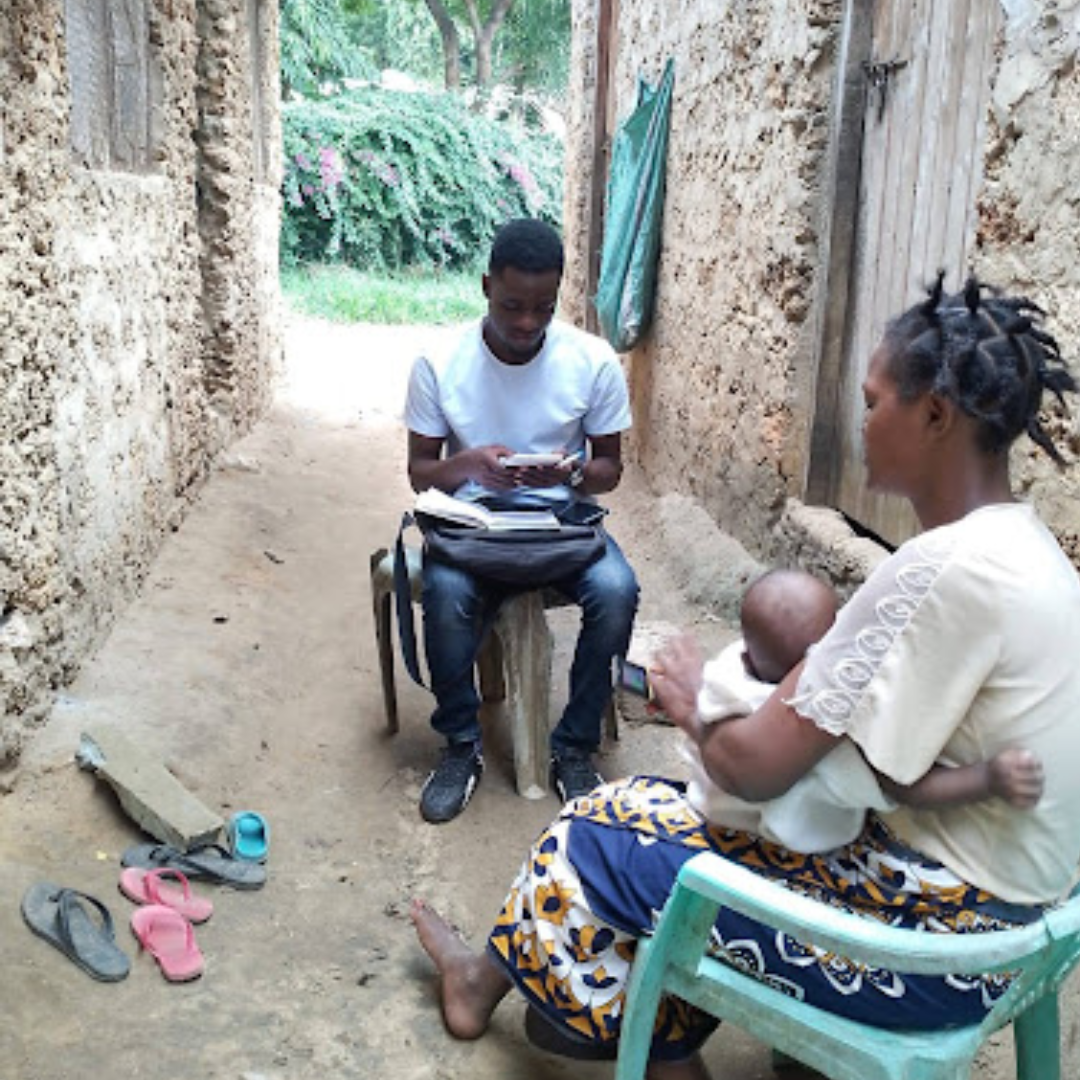Using immersions to get that reach, rich insights

The brief was simple: what role do women play in countering violent extremism (CVE)?
A rare opportunity arose when a global organization decided to implement a mentoring program that would connect local mentors with youth from a community historically prone to radicalization. This study aimed to explore the diverse roles that women, specifically mothers of young men, play in countering violent extremism (CVE). By understanding these roles, counter efforts can be tailored to promote and amplify those aspects that significantly influence anti-radicalization initiatives while minimizing the appeal of roles that counteract these efforts.
A qualitative approach was essential for this study. We chose to conduct immersion interviews, consisting of informal interactions over seven visits that spanned approximately two weeks. Some of these sessions involved participating in family chores. The number of visits was to ensure interaction on each day of the week. Women engaged with the program at various levels were initially screened, and 10 participants were selected for the immersion sessions.
Five profiles emerged
Covet advocates of CVE often have political interests and, at times, hold positions as community leaders. Their narrative tends to be broad, focusing on community issues rather than directly addressing CVE or violent extremism (VE), as they aim to protect their political interests. These women are well-connected, knowledgeable about the profiles of youth at risk of VE, and resourceful enough to track changing trends in recruitment for VE.
Interveners of VE are dedicated to transforming their community across various social dimensions. They personalise CVE messages, framing them as “us” rather than “them.” Overcoming significant challenges, such as close encounters with VE (e.g., family members becoming involved, facing harassment, etc.), has empowered them to adapt CVE messages locally. While it is difficult to understand their motivations fully, they are driven by a desire to improve their community through hard work and a commitment to remain engaged.
Silent inciters Mothers, especially in single households, subconsciously exert pressure on them to provide financially. Although they notice possible signs of involvement in crime, such as extravagant lifestyles with unknown income, they do not question it. Often, they are either in denial or feel defenseless to confront the issue, while others get accustomed to the financial benefits that come with it.
Oblivious mobilisers: These mothers supported initiatives that purported to reform their children even when the rationale presented was doubtful. For example, initiatives that alleged to give their primary school dropouts managerial jobs in hospitality in far-off countries to their sons.
Free rider of CVE, this individual participated in forums for CVE or other social programs purely for the financial benefits they offered. There was no evidence that this free rider spontaneously broached CVE amongst their acquaintances, even when they were recruited as interveners or mentors.
Getting that rich feedback requires going that extra mile to get that reach


